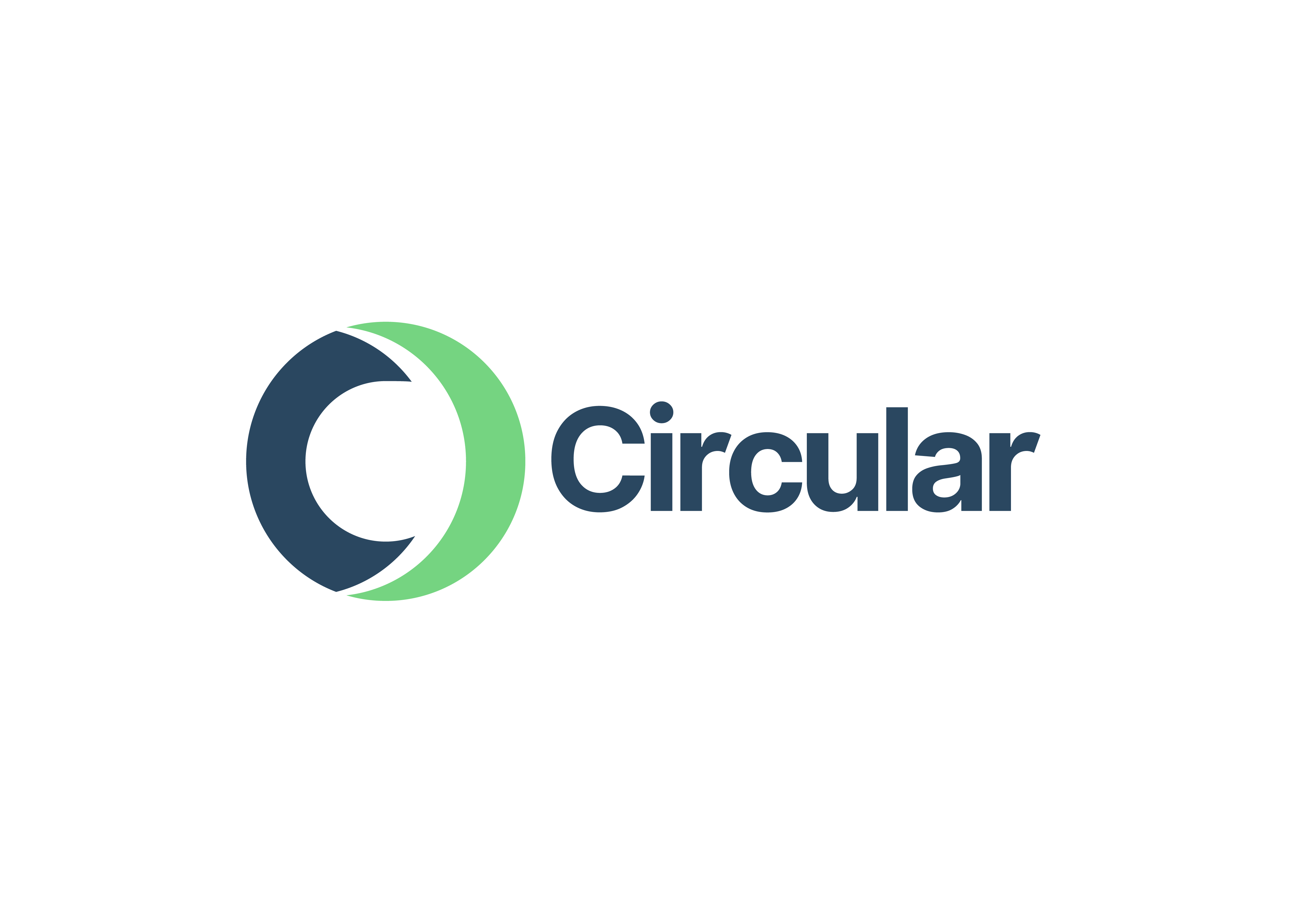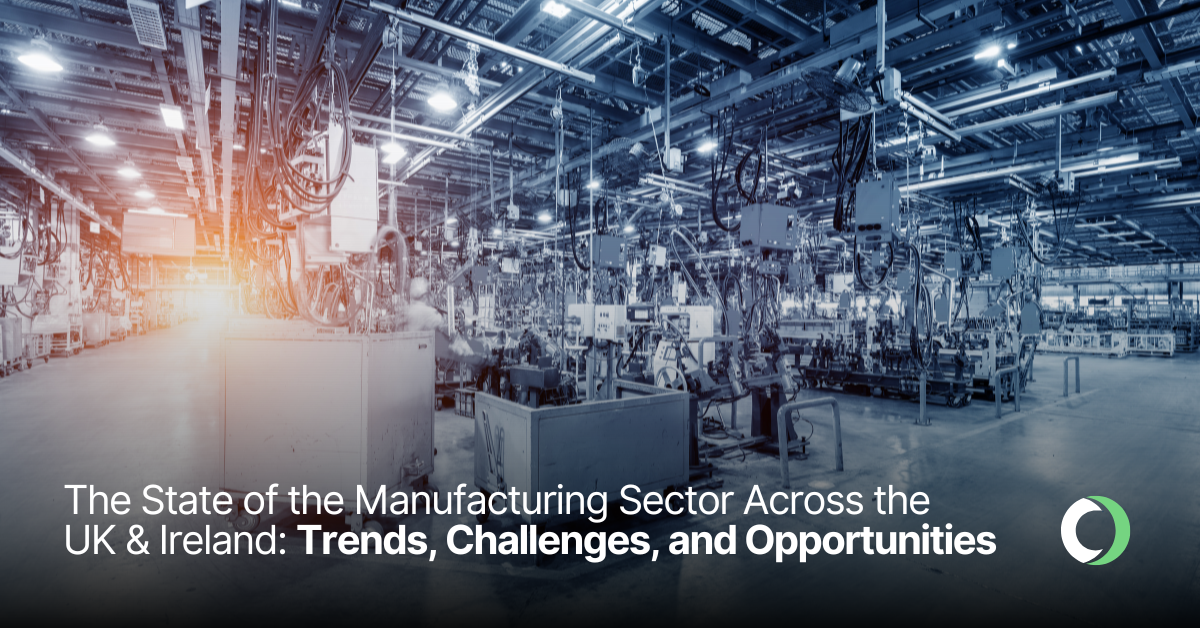The State of the Manufacturing Sector Across the UK & Ireland: Trends, Challenges, and Opportunities
The manufacturing sector has long been a cornerstone of the UK and Irish economies, driving innovation, providing employment, and contributing significantly to GDP. As we move through 2025, the sector stands at a crossroads, balancing post-pandemic recovery, evolving global supply chains, and the rapid integration of new technologies. In this blog, we’ll explore the current state of the manufacturing landscape, the challenges and opportunities businesses face, and what the future might hold.
The Current Landscape
Manufacturing remains a major economic force, accounting for approximately 10% of UK GDP and 32% of total exports. In Ireland, manufacturing contributes over 35% of GDP, with sectors like pharmaceuticals, medical devices, and food production leading the charge. Both regions benefit from strong industrial infrastructure, skilled workforces, and government support for innovation.
Key subsectors include:
· Automotive: A vital part of the UK’s industrial identity, with major players like Jaguar Land Rover and Nissan investing in electric vehicle (EV) production.
· Pharmaceuticals & Medical Devices: Ireland is a global hub for life sciences, hosting major multinationals like Pfizer and Medtronic.
· Construction & Modular Solutions: A growing sector, particularly in Northern Ireland, with off-site manufacturing streamlining housing and commercial developments.
Challenges Facing the Sector
Despite its strength, manufacturing isn’t without challenges. Let’s break down the key issues:
1. Labour Shortages & Skills Gaps: Both the UK and Ireland face a shrinking talent pool, exacerbated by Brexit, changing demographics, and evolving skill requirements. There’s growing demand for workers with expertise in automation, AI, and advanced materials.
2. Supply Chain Disruptions: Geopolitical tensions, rising shipping costs, and material shortages continue to impact production timelines and costs. Companies are reevaluating global supply networks and leaning towards reshoring to enhance resilience.
3. Sustainability & Net-Zero Targets: With stringent carbon reduction targets, manufacturers are under pressure to adopt greener practices. This involves significant upfront investment but opens avenues for long-term cost savings and market differentiation.
4. Technological Transformation: While the adoption of Industry 4.0 technologies (like IoT, robotics, and digital twins) is accelerating, smaller manufacturers may struggle with the financial and logistical hurdles of implementation.
5. Potential Impact of a Trump Presidency: With Donald Trump potentially returning to the White House in 2025, UK and Irish manufacturers could face changes in trade relations and economic policy. A shift towards protectionist policies in the US might lead to increased tariffs or altered trade agreements, potentially impacting export-
heavy industries like aerospace and automotive. Additionally, changes in corporate tax policies and foreign investment regulations in the US could influence multinational firms operating in Ireland. However, opportunities may arise in sectors like defence and energy, where Trump has historically favoured increased domestic production and infrastructure investment.
Opportunities on the Horizon
Despite these challenges, the future is full of potential. Let’s explore some growth opportunities:
· Reshoring & Localised Production: As companies seek to de-risk supply chains, there’s growing demand for local manufacturing partners, creating opportunities for SMEs across the UK and Ireland.
· Advanced Manufacturing & Smart Factories: The proliferation of digital technologies enables more efficient, flexible, and cost-effective production processes. Businesses investing in smart manufacturing will be well-positioned for long-term success.
· Green Innovation & Circular Economy Practices: Sustainability is not just a challenge but a chance for differentiation. Embracing circular economy principles, like remanufacturing and material recycling, can drive innovation and attract environmentally conscious clients.
· Strategic Government Support & Investment: Both governments are actively promoting manufacturing through grants, tax incentives, and funding initiatives, particularly for R&D and sustainability projects.
The Road Ahead
The UK and Ireland’s manufacturing sectors are poised for evolution. The businesses that thrive will be those that embrace change — investing in their people, adopting new technologies, and embedding sustainability into their operations. For recruitment professionals, this evolving landscape presents an opportunity to bridge the talent gap, connecting forward-thinking organisations with the next generation of skilled manufacturing leaders.
At Circular Recruitment, we understand the intricacies of the manufacturing sector. Our deep industry connections and decades of experience position us perfectly to help businesses navigate this changing landscape, securing the talent they need to innovate, grow, and lead.


